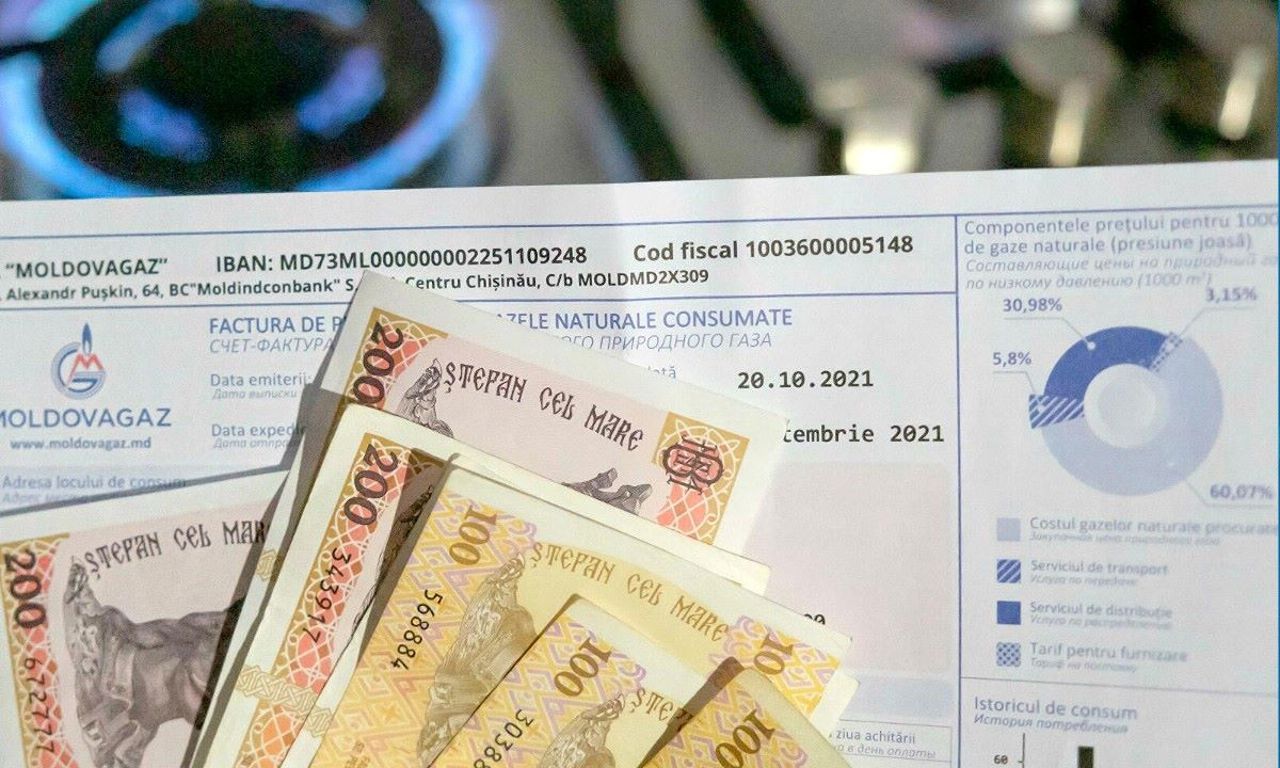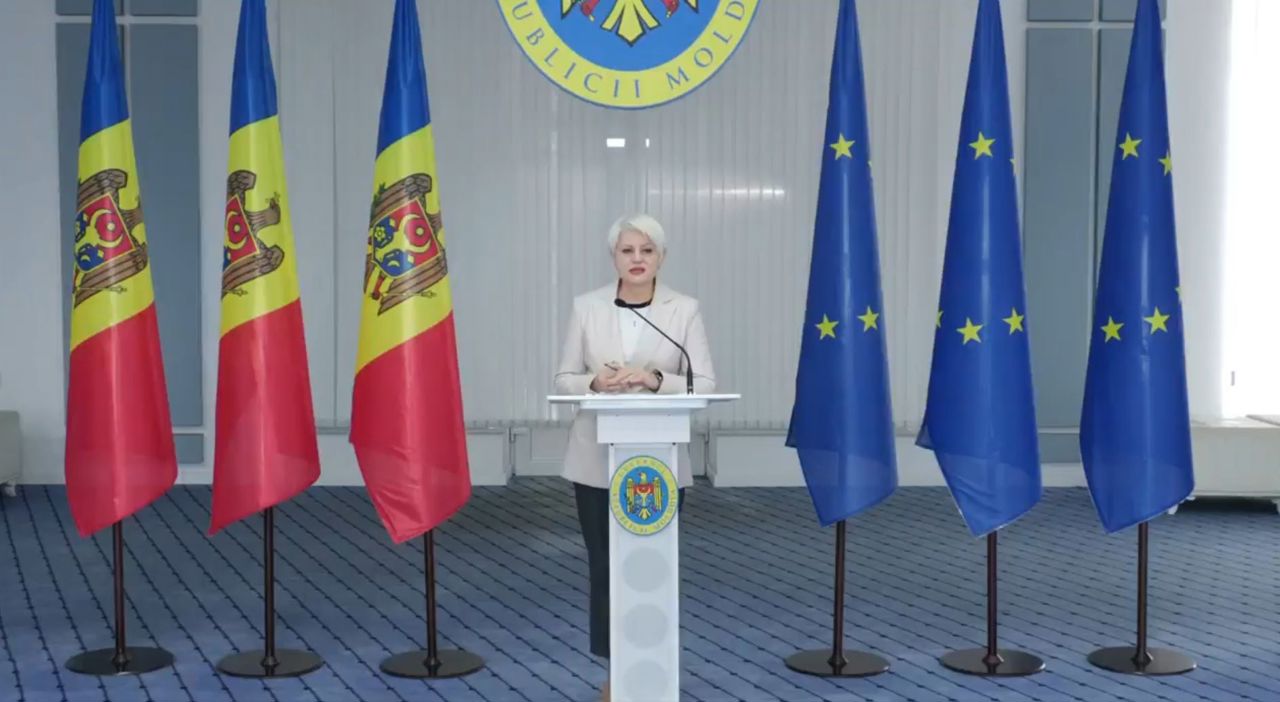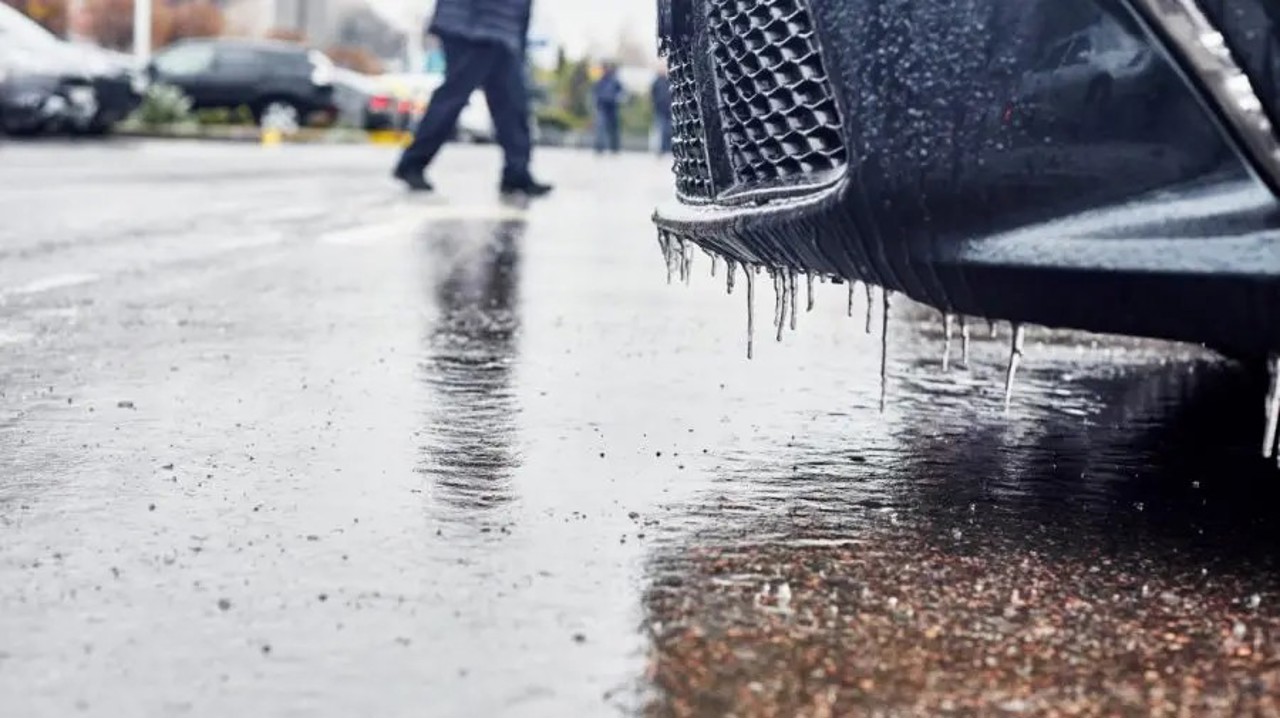Enhanced compensation system to aid vulnerable families during cold season
In a bid to alleviate the challenges faced by energy vulnerable households during the frigid months, Moldova has enacted a pioneering initiative by establishing two distinct energy vulnerability categories: "primary" and "extreme". This novel approach aims to pinpoint the most susceptible households and provide them with heightened compensation for energy bill payments throughout the cold season. The proposed amendment to the Energy Vulnerability Reduction Fund and Social Aid Law received resounding support from the Parliament, with 54 Members of Parliament backing it in the second reading.

Under this new framework, families will be eligible for compensation in the form of reduced energy bills or direct monetary assistance from the Energy Vulnerability Fund. This streamlined approach seeks to merge two existing support mechanisms – cold period aid and energy bill compensation – into a unified system called the "energy compensation payment."
During the cold period spanning 2022-2023, approximately 170,000 families benefited from both compensation avenues, requiring them to fill out separate applications in distinct information systems. To garner a more accurate understanding of a family's financial standing, authorities propose accessing data from banks, credit bureaus, and other financial institutions. This move is deemed necessary due to the significant portion of undeclared and under-declared work prevalent in the Moldovan economy.
Notably, statistics reveal that during the same cold period, a staggering 80% of households in the Republic of Moldova, equating to more than 600,000 households, fell within the high energy vulnerability category. To address this issue in the upcoming year, an allocation of 893.1 million lei has been earmarked for cold season aid provision and compensation for energy resources for disadvantaged households.
Former Member of Parliament Dan Perciun, in collaboration with representatives from the Ministry of Labour and Social Protection, spearheaded the project. This concerted effort aims to not only provide relief to vulnerable households but also to foster a more equitable energy consumption landscape during challenging weather conditions.





